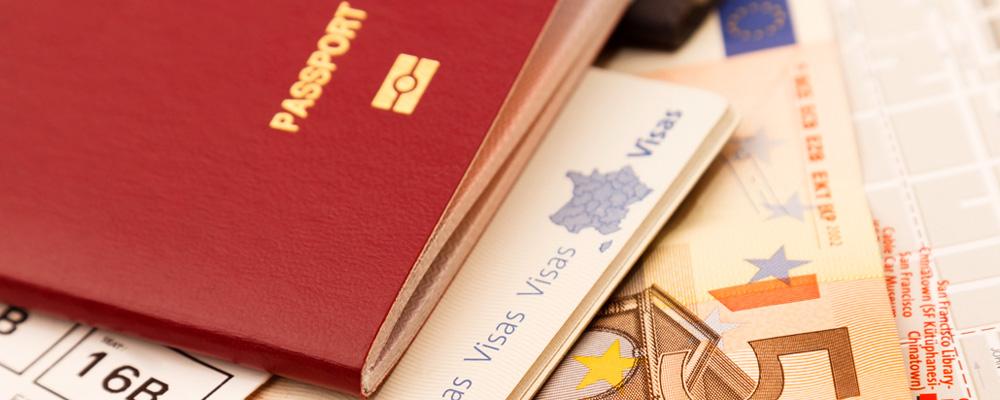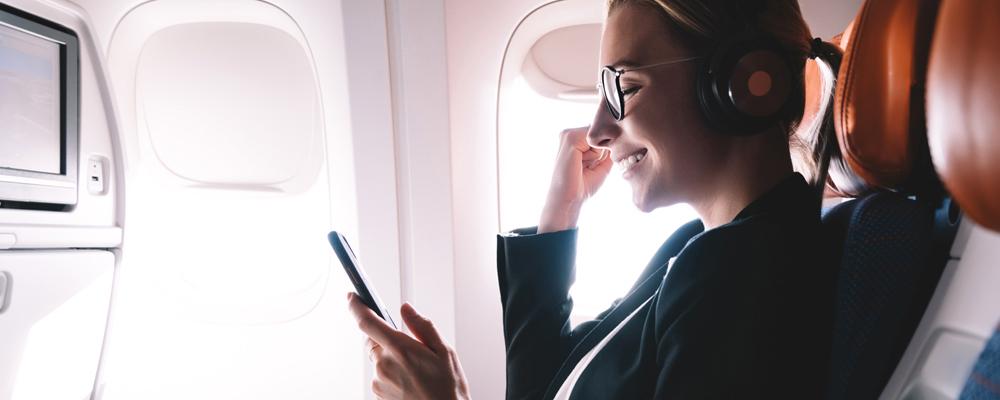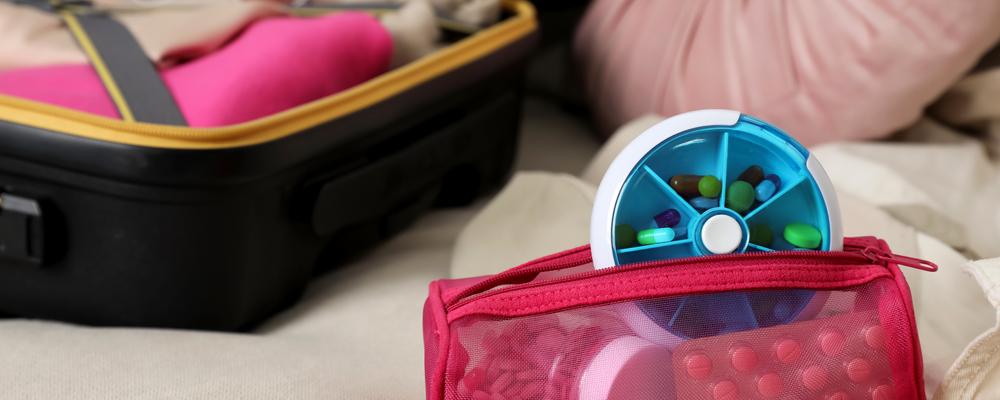
As travellers we're all familiar with the dance of customs declarations. But the rules can be a bit fuzzy when it comes to our beloved gadgets. You may have seen articles about SARS clamping down on bringing electronics back into the country with customs legislation.
What does this mean for you and your personal possessions? Do or don’t require the DA65 form, for example? Let's clear up some confusion around declaring electronics when entering South Africa after a business travel trip abroad.
Travelling with tech? Here's what you need to know about documents needed for international travel
SARS has confirmed that “no traveller can be penalised for not declaring or registering their personal effects upon leaving the country”, but SARS does state that the traveller could be challenged by a Customs officer to provide proof of local purchase or ownership.
You have two choices:
Option 1
The proof referred to above may be in the form of an invoice, an insurance record, in the case of a laptop even the content on the laptop, and any other means through which the officer can use his discretionary powers to satisfy that proof.
Option 2
The alternative to providing such proof is a process created within the policy framework called “Registration for Re-importation”. This is not on a DA65. The DA65 was phased out for travellers many years ago and today it is only used within the commercial cargo environment, for example where goods are temporarily exported for repair abroad.
A more user-friendly and secure process for frequent business travellers has been created where the traveller completes a TC-01 (Traveller Card) notifying their intent to register goods for re-importation. This is presented to the Customs Officer, who will then capture this online on a Traveller declaration system (TRD1).
Register your possessions at customs
To ensure there's no confusion or inconvenience, Corporate Traveller urges frequent travellers to register their possessions at customs.
It is a relatively easy process that requires travellers to present themselves for customs inspection before continuing through international security and passport control. Travellers must hand their passports to the customs official, provide their flight number, and then provide the item's type, e.g., iPhone 7 and serial number.
The information is captured online and valid for a period of six months, so if you travel again within this period with the same items, your TC-01 (Traveller Card) will cover you for the re-importation of your goods. You will receive a printed copy to retain as proof of your registration.
To adhere to the online traveller declaration system, download the TC-01 Form here
Failure to furnish proof will result in the item(s) being detained until proof of local purchase or ownership can be established. Alternatively, the traveller will have to pay duty, VAT, and possible penalties.
More FAQs around travelling with electronics...
Should you require any further information please contact your Corporate Traveller expert.





